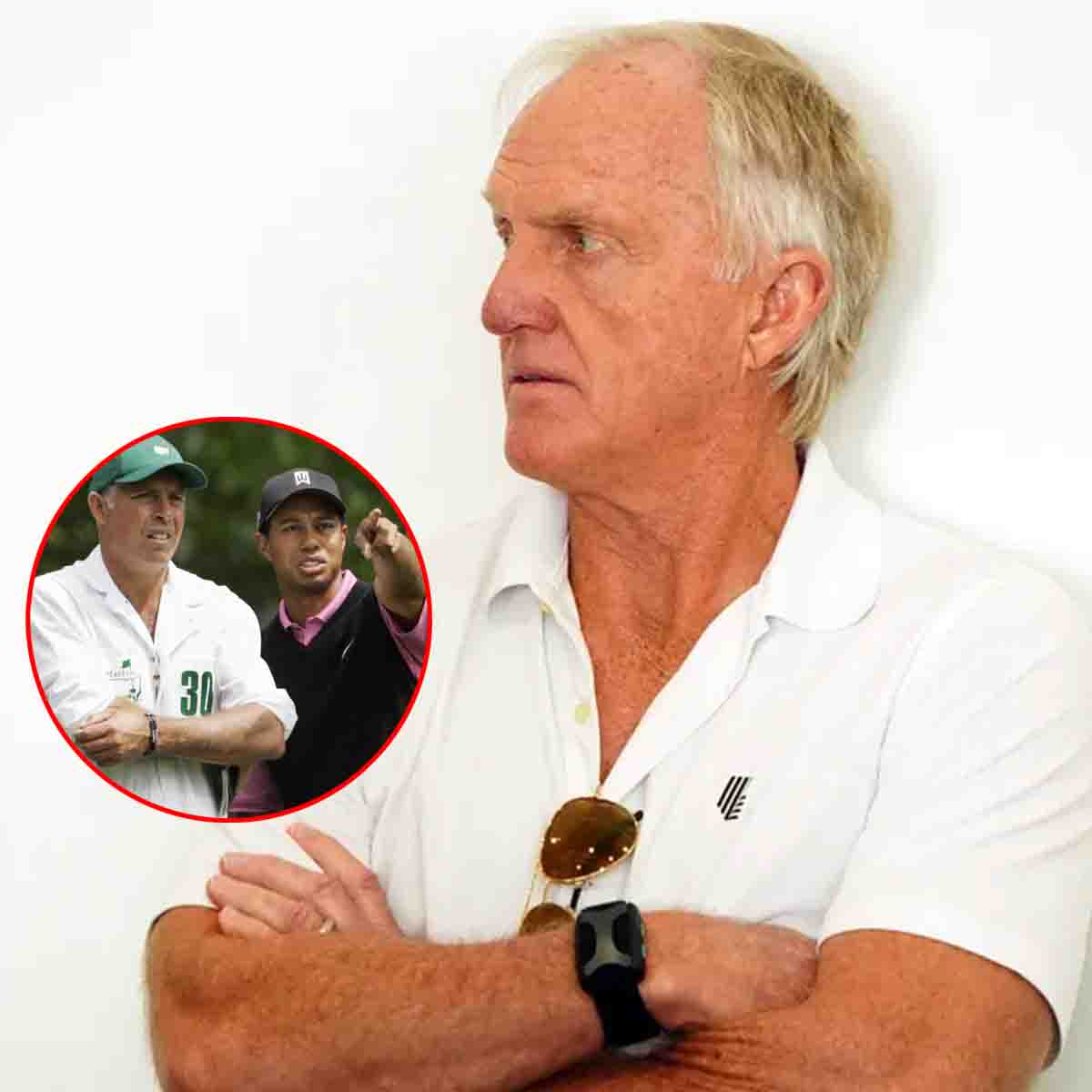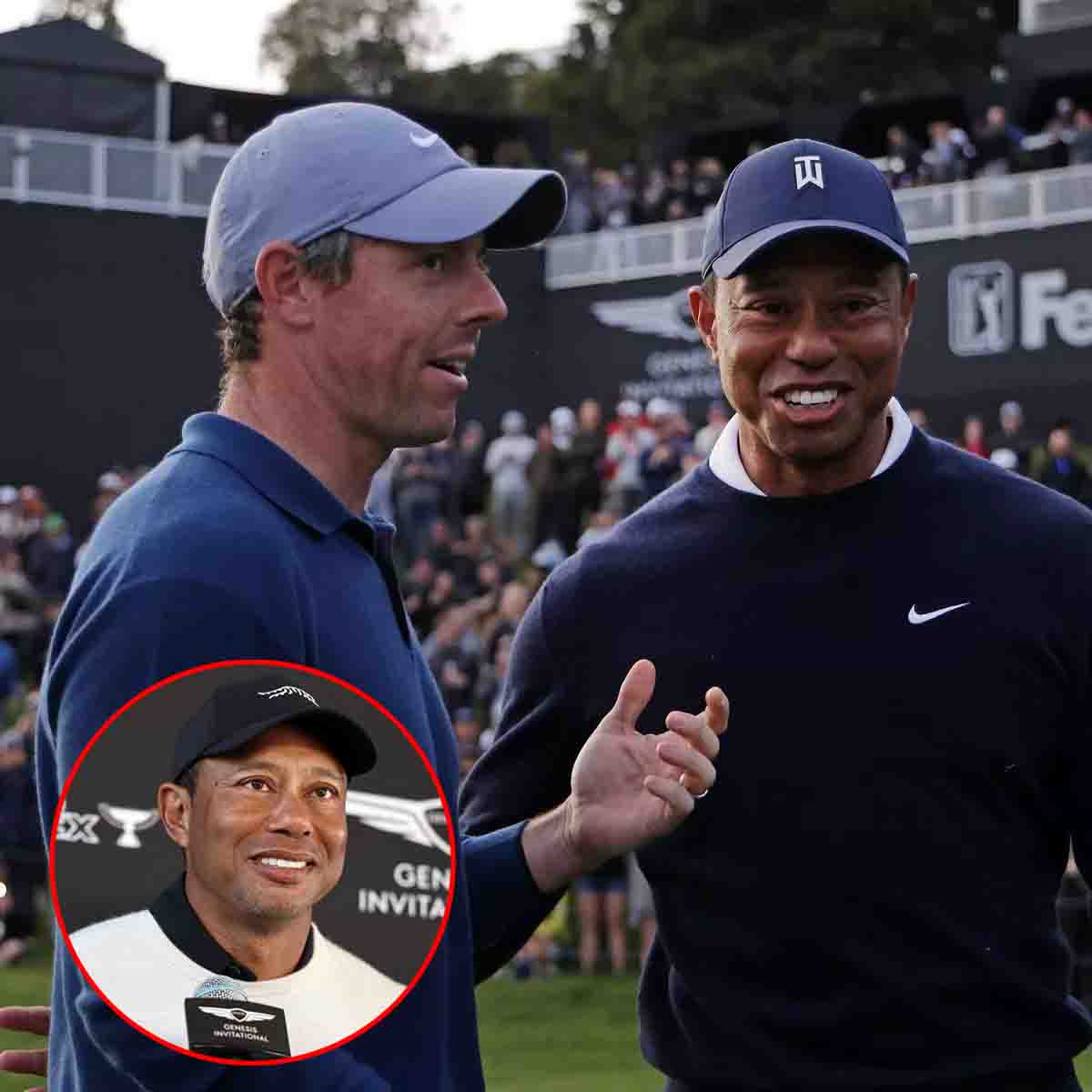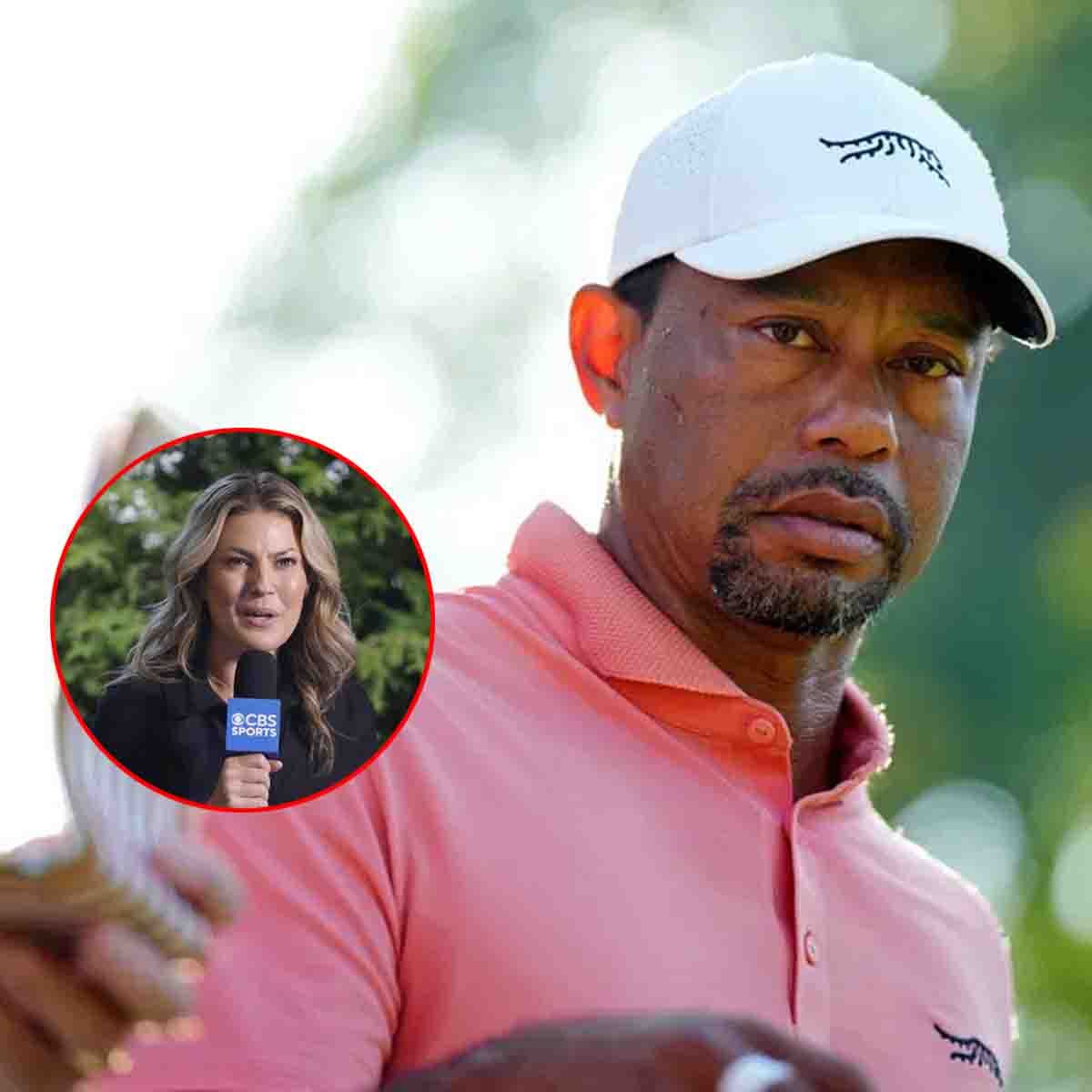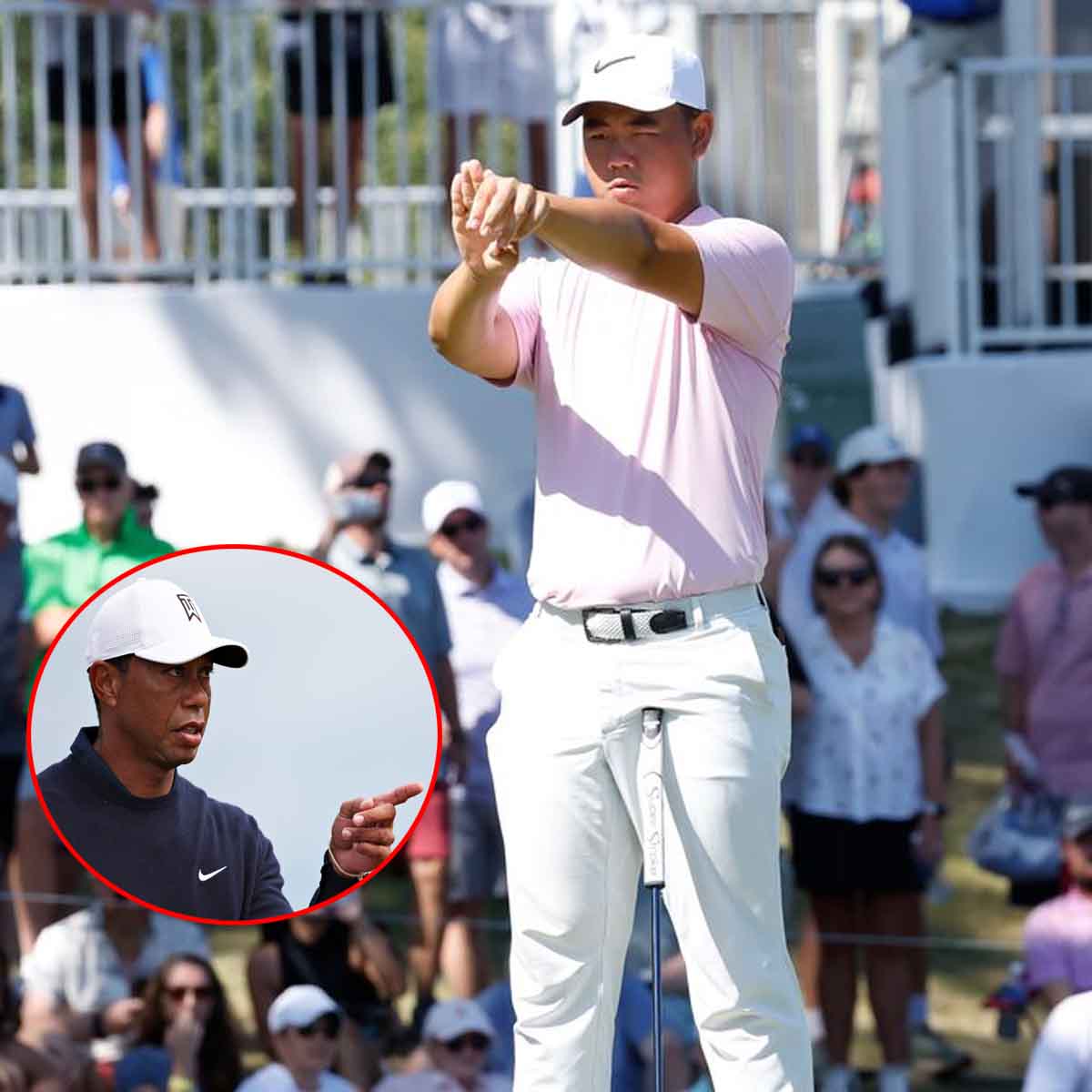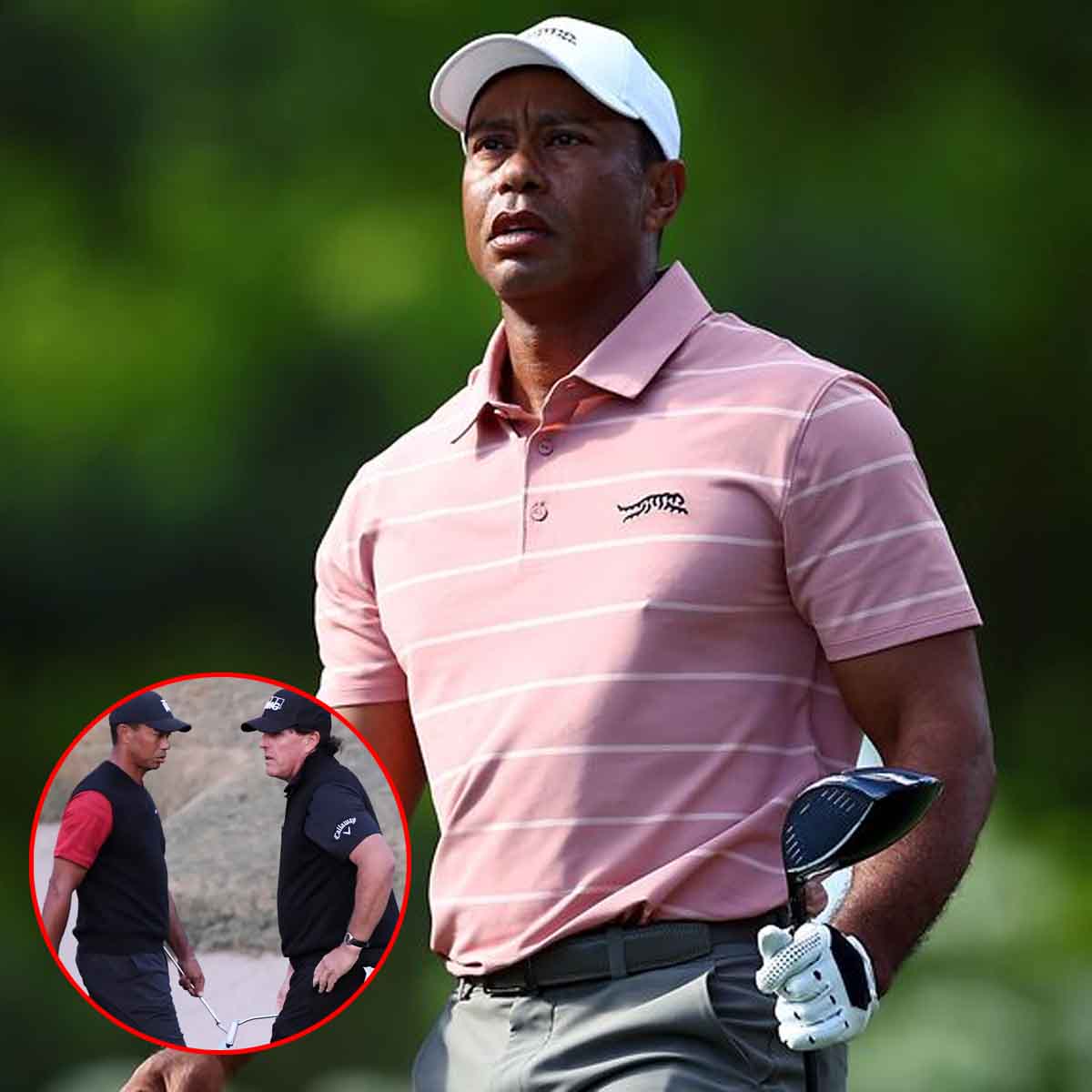The snow piled into the Texas Tech baseball stadium in Lubbock, Texas, 5.9 inches of it in all.
This was late February 2015, and the storm not only wiped out a weekend baseball series, but it practically shut down a city that doesn’t even own snow plows.
After a day or two, Texas Tech head coach Tim Tadlock and his assistant coaches stood ankle deep in the buildup, each of them with a shovel in hand as they tried to get “The Law,” as it’s called, back in shape.
Why on earth, you might wonder, is a Kansas City sports columnist writing about a snowstorm in Lubbock, Texas, from nearly 10 years ago?
Well, by chain reaction, it’s one of the reasons the Kansas City Chiefs will play in the Super Bowl this Sunday.
Again.
THE TWO-SPORT PLAN
On Jan. 30, 2015, about four weeks before the storm, Texas Tech posted a news release on their athletics website, announcing the dates for spring football practice.
The second sentence: “Individual practice dates will be determined on a week-by-week basis in order to accommodate (rising) sophomore quarterback Patrick Mahomes’ baseball schedule.”
A player roster and coaching and supportive staff totaling more than 100 nestled its practice schedule around just one.
If you’d seen the end of his freshman season — 14 touchdown passes in the last three starts and 598 yards in the final one alone — you’d get it. Head coach Kliff Kingsbury called it a quarterback battle in spring practice. Yeah, in the same way Blaine Gabbert and Patrick Mahomes were locked in a battle last Chiefs training camp.

Mahomes had arrived at Texas Tech as a two-sport athlete, and that’s after he already trimmed the list. He played three in high school. You’ve almost certainly know that Mahomes considered himself a baseball player before a football player — his best friends thought that’s where he was headed — but what you might not know is how long he clung to that notion.
“My plan going into college, with my parents, was to play football and baseball and after three years be a professional baseball player,” Mahomes told The Star during an interview last training camp. “I didn’t think I was going to play football.”
The schedule was intended to work like this: Mahomes would attend football practices at dawn, then head to classes, and then join the baseball team in the afternoon.
That plan, quite obvious to us now as Mahomes plays for his third Super Bowl ring Sunday against the 49ers, changed.
But there’s a couple of things that Mahomes hasn’t shared yet:
When?
Why?
It started with the once-in-his-lifetime snowstorm.
“What changed it all, randomly — and this is probably God working,” Mahomes said, “it snowed a lot in Lubbock.”
SNOW … IN TEXAS?
Lubbock, Texas, has a semi-arid climate, which is a phrase that might as well have been a foreign language before calling Ron Roberts a couple of days ago.
Roberts has been working in meteorology for 40 years, the past 28 of them in his hometown of Lubbock. He now works for KAMC, the local ABC affiliate. That semi-arid climate, he explained, means the city isn’t exactly known for getting a lot of precipitation.
Especially not snow.
Lubbock averages about four inches of snow per year, he said. In the winter season overlapping 2016-17, they got 0.2 inches. A year later, 0.3 inches.
It’s not much.
But in late February 2015, with Texas Tech baseball just two weeks into its season, the weather models suggested a light February snow.
Instead, they were peppered with snowfall that totaled 1.3 inches on Feb. 26 — and then another 4.6 inches the following day. The latter remains the 35th largest single-day snowfall ever recorded in Lubbock, with those National Weather Service records dating to 1911.
It came in late February, of all times.
And it came unexpectedly — at least the second wave did.
“The forecast models were only suggesting we were going to get two inches — at most,” Roberts said. “But we had another 4 1/2 on the wraparound.”
A wraparound by the way, in layman’s terms, basically created the second band of snow. Roberts is happy to explain the particulars, but here’s the important part:
“It’s unusual (here),” he said. “I’m not going to say it’s never happened, because it has. But it was a really surprising thing.”

The city wasn’t prepared for it.
But neither was Mahomes’ schedule.
The two programs — football and baseball — had spent weeks fine-tuning plans to ensure Mahomes wouldn’t miss a minute of either. Thought they had something figured out. But the snow forced them to re-schedule some things. They overlapped.
That suddenly placed a decision before Mahomes that he had long avoided making — one that his college choice purposefully pushed back.
Forget both: Football or baseball?
“Always thought I’d pick baseball,” he said.
For the first time in his life, though, baseball took a back seat. Maybe that was inevitable. Probably was. But maybe a full season with baseball would’ve changed some things. The important aspect is he undoubtedly believes it was a game-change
A career-changer.
He missed some baseball games, after all, in favor of attending spring football activities. If you ask those close to Mahomes, you’ll get a bunch of different guesses as to why.
His, it’s simple:
“I’m a quarterback.”
A BIG-LEAGUER?
Tadlock, who remains at Tech today, knows how this story proceeded. We all do. Four Super Bowl appearances. Two (soon to be three?) Super Bowl championships. The MVP trophies. More to come.
The best of contrarians couldn’t argue with the decision Mahomes made
But we can still wonder, right?
“I think he could’ve been a starting pitcher as a big-leaguer,”
Tadlock said. “He could’ve been an outfielder as a big-leaguer. He had third-base skill. Whatever he chose to do, he was going to be really good at it.” Tadlock first saw Mahomes play when Mahomes was a ninth-grader. On a team of players that Tadlock estimates were all good enough to play college sports, Mahomes still stood out.
Back then, the question wasn’t which sport he’d play, but rather which position he’d play. Texas Tech initially recruited Mahomes more as a hitter, but an assistant coach, J-Bob Thomas, saw him throw a no-hitter in high school. They clocked his fastball in the mid-90s.
“A closer,” Tadlock thought, but he still wanted the bat in the lineup, too.
Mahomes had spent nine months playing baseball growing up — even training for it during basketball — but arrived for his freshman season with the Red Raiders after a six-month layoff.
“I came back, and I remember fouling stuff off that I’d usually square up,” Mahomes said. “And I’m like, ‘Damn, I can’t hit like I used to.’”
The bat was temporarily slow.
The arm? It played.
There’s a sequence in a practice Tadlock still describes with intricate detail today. Mahomes was in right field, and he had to backtrack for a fly ball. After collecting it, he fired home, about 290 feet Tadlock estimates, and beat the runner.
“Hit the catcher in the chest,” Tadlock said. “The guy didn’t even slide. He was probably out by 20 feet.”
The reaction?
“We’d seen it (in high school),” he said. “But we’re looking around at the rest of the team, like, ‘Ya’ll just see that?’”
Mahomes got only two at-bats as a freshman. As a pitcher, he had just one outing, and he faced three hitters without recording an out. A man who’s playing in a fourth Super Bowl at 28 years old still isn’t proud of that stat line.
But that was that.
The snow gashed part of his season — and sped up the most pivotal decision of his life in sports.
He walked away from baseball, officially, the following offseason. An “emotional” conversation, Tadlock said. But they knew before then.
They did, after all, have tickets to the football games.
